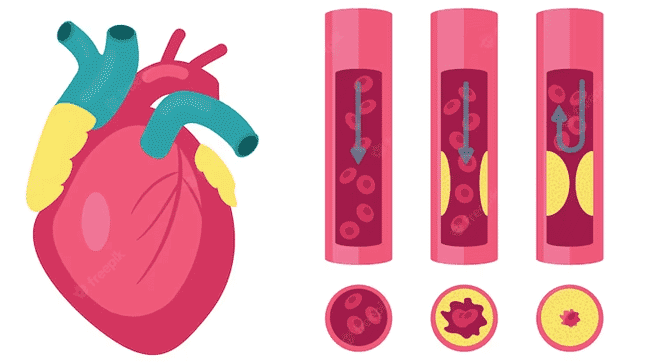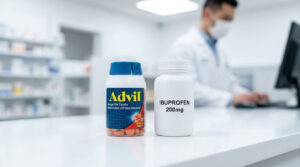Lub Dub Lub Dub Lub Dub……. Always in rhyme, forever in pace size of a fist, yet keeps you fit beating round the clock,Pumping till the curtains fall Minute yet mighty, that’s our heart A minor change in rhythm and alas! So beware! It’s your heart….. Keep it healthy for a wealthy life.








